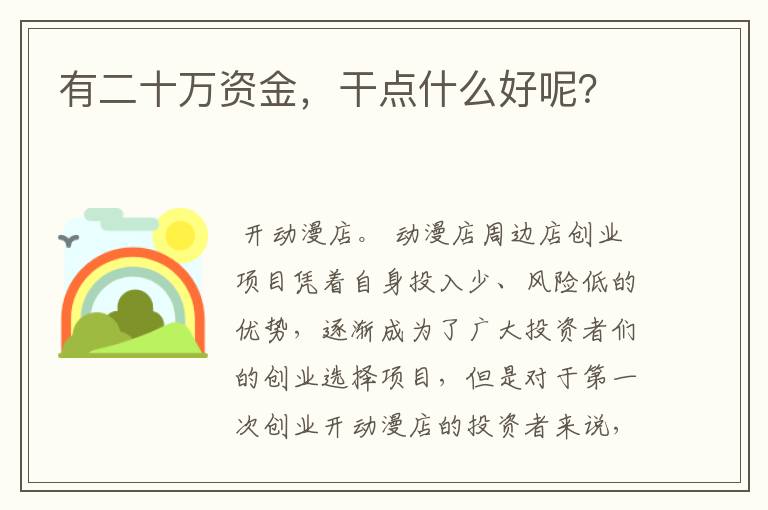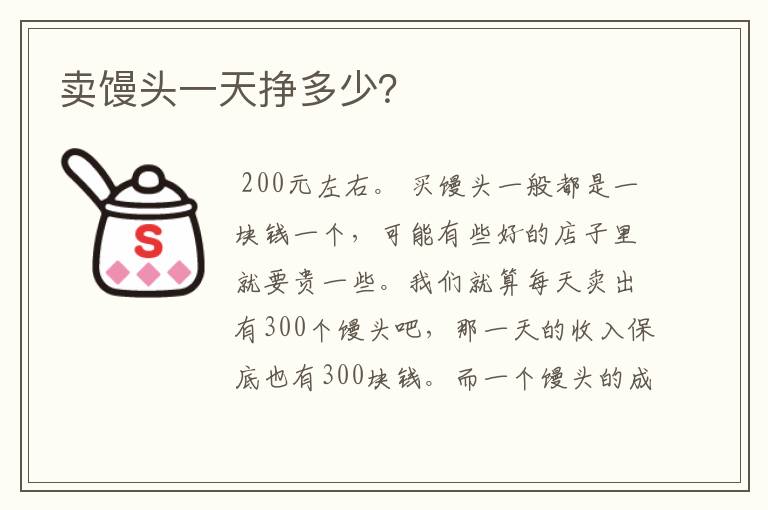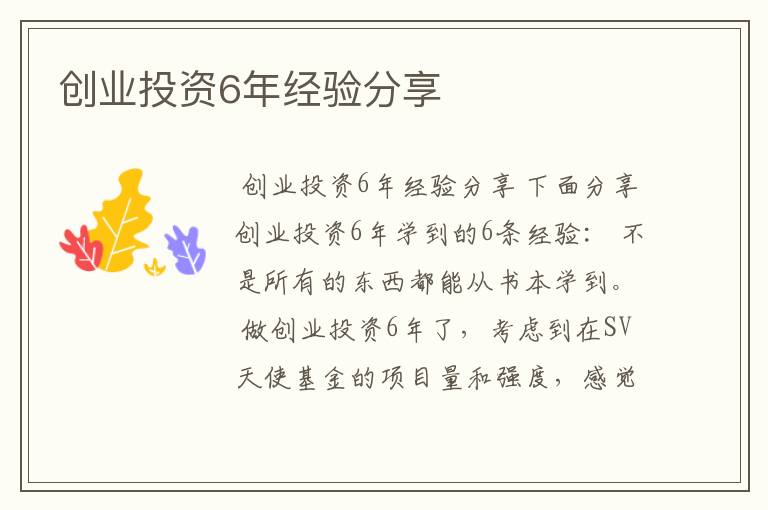浙江创业政策好坏吗

The Great Depression was a severe worldwide economic depression that lasted from 1929 to 1939. It was the longest, deepest, and most widespread depression of the 20th century. The Great Depression began on October 29, 1929, also known as "Black Tuesday," when the stock market crashed, leading to a collapse in the value of stocks and a loss of confidence in the economy.The causes of the Great Depression are complex and multifaceted. Some of the main factors include:1. Stock market crash: The stock market crash of 1929, which marked the beginning of the Great Depression, was caused by a combination of factors, including excessive speculation, overvalued stocks, and a lack of regulation.2. Overproduction and underconsumption: In the years leading up to the Great Depression, there was a rapid increase in industrial production, resulting in a surplus of goods. However, wages did not keep pace with the increase in production, leading to a situation where people could not afford to buy the goods being produced.3. Banking crisis: The banking system was severely weakened by the stock market crash, as many banks had invested heavily in stocks. As a result, when the stock market crashed, many banks failed, leading to a loss of confidence in the banking system and a contraction of credit.4. International economic factors: The Great Depression was not limited to the United States, but was a global phenomenon. The collapse of the American economy had a ripple effect on other countries, as trade and investment declined, leading to a worldwide economic downturn.5. Government policy mistakes: The response of governments to the Great Depression varied, but many made policy mistakes that worsened the crisis. For example, some countries adopted protectionist measures, such as raising tariffs, in an attempt to protect domestic industries. However, these measures only served to further reduce international trade and worsen the economic downturn.The Great Depression had a profound impact on the lives of people around the world. Unemployment rates skyrocketed, businesses failed, and millions of people lost their life savings. The depression also had social and political consequences, as it led to increased poverty, social unrest, and the rise of extremist political movements.The Great Depression finally came to an end in the late 1930s and early 1940s, largely as a result of government intervention and the onset of World War II. Government spending on infrastructure projects and military production helped stimulate the economy and create jobs, while the war itself created a demand for goods and services.
我们通过阅读,知道的越多,能解决的问题就会越多,对待世界的看法也随之改变。所以通过本文,紫薯百科相信大家的知识有所增进,明白了浙江创业政策好坏吗。
声明:本站所有文章资源内容,如无特殊说明或标注,均为采集网络资源。如若本站内容侵犯了原著者的合法权益,可联系本站删除。





